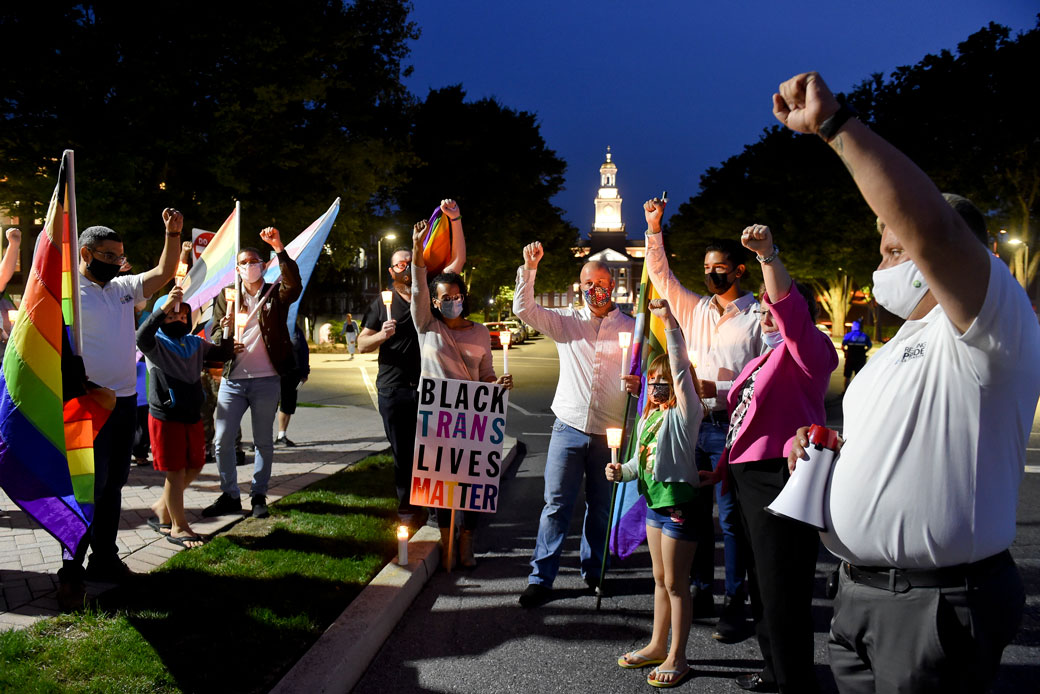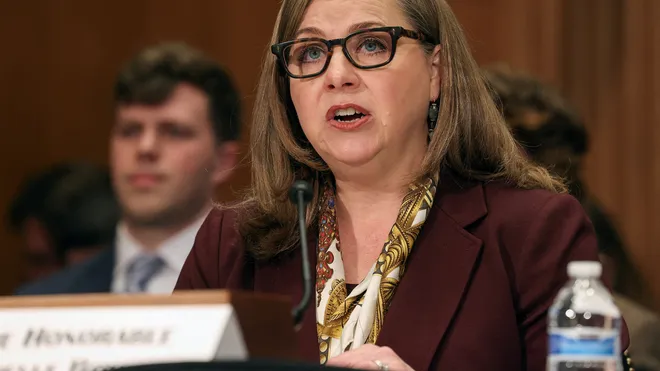Amidst controversy, two conservative groups, the American Civil Rights Project and the Californians for Equal Rights Foundation challenge San Francisco and California for allegedly engaging in discriminatory practices through their Guaranteed Income for Trans-people programs. The groups claim that providing financial aid exclusively based on race and gender identity violates the law sparking a legal battle over the allocation of millions in tax money.

Legal Battle Over Alleged Discrimination
The lawsuit targets three guaranteed-income programs, including the Black Economic Equity Movement, Guaranteed Income for Trans-people and the Abundant Birth Project. The plaintiffs argue that these programs designed to support specific racial and gender groups are in violation of the law as they allegedly disqualify individuals based on their race, raising questions about equal opportunity.
Lawyer Dan Morenoff of the American Civil Rights Project emphasizes the call to halt these programs until they are deemed non-discriminatory.
The contention revolves around the exclusion of certain racial and ethnic groups from financial assistance prompting a debate over the legality and ethical implications of targeted financial aid.
READ ALSO: Baby Boomers Retirement: Simplifying Life and Finances by Selling Excess Assets
Debate Over Targeted Financial Aid
San Francisco’s Abundant Birth Project and Guaranteed Income for Trans-people programs face scrutiny for exclusively supporting Black and Pacific Islander women and transgender individuals, respectively. The lawsuit contends that such exclusivity is illegal challenging the notion of targeted financial aid based on race and gender identity.
While advocates argue that San Francisco’s Abundant Birth Project and Guaranteed Income for Trans-people programs address specific needs within marginalized communities, critics, through legal action question the legality of excluding individuals based on race and ethnicity. The debate underscores the broader conversation about the balance between targeted financial support and ensuring equal access to assistance for all.




